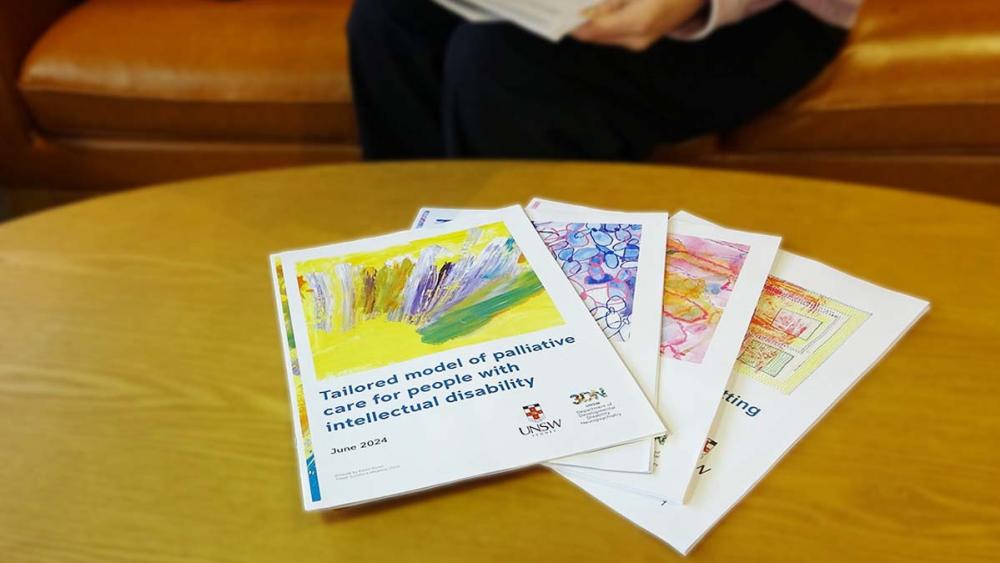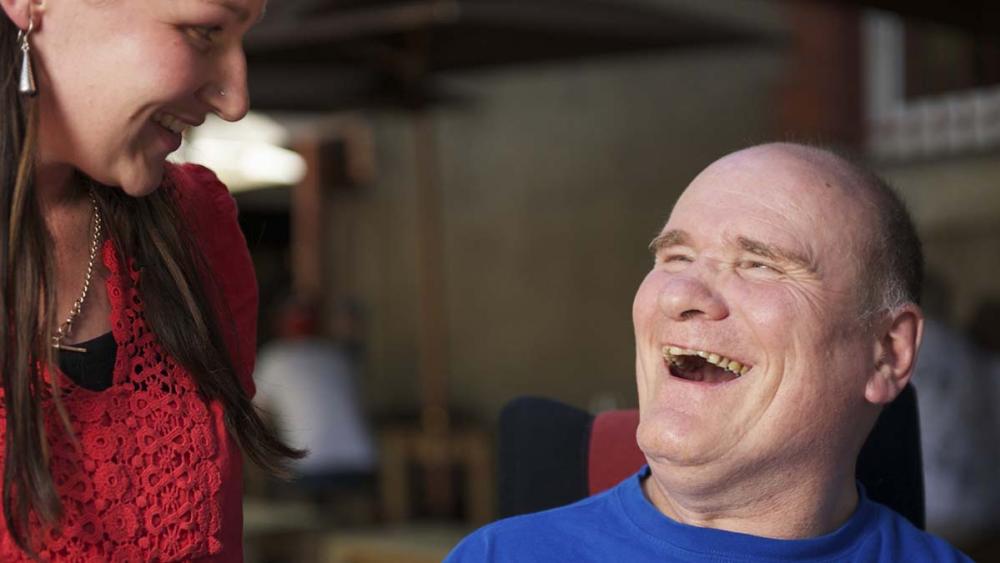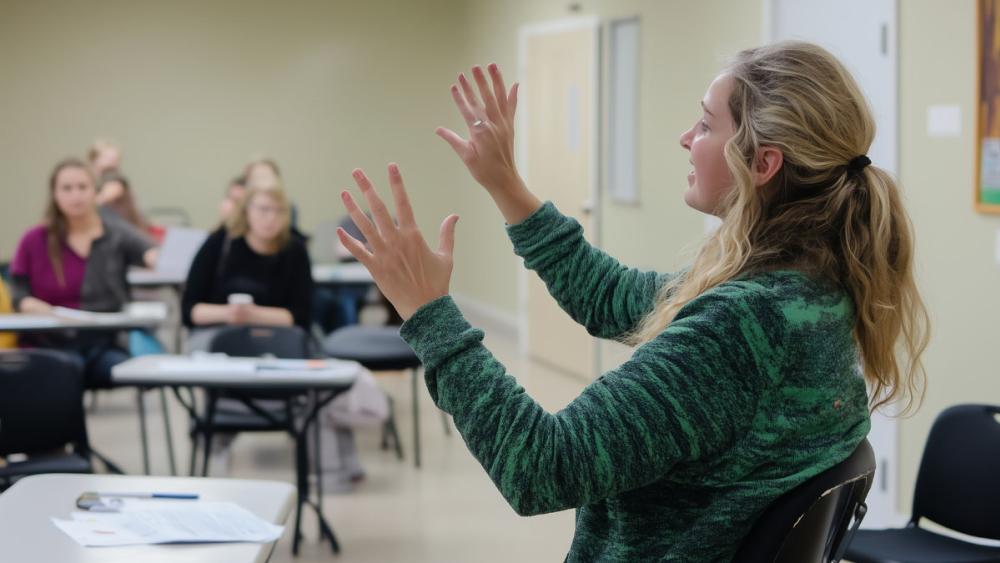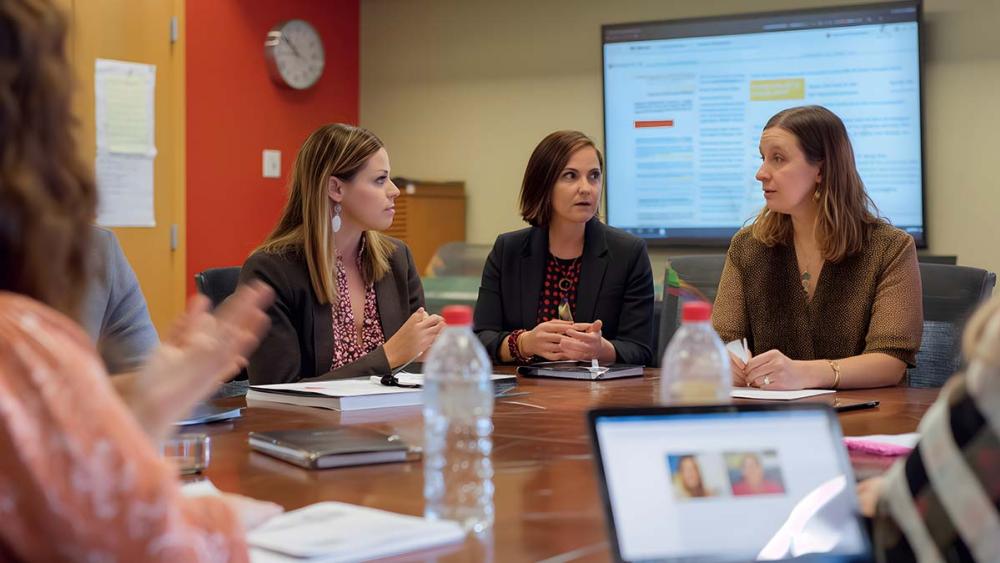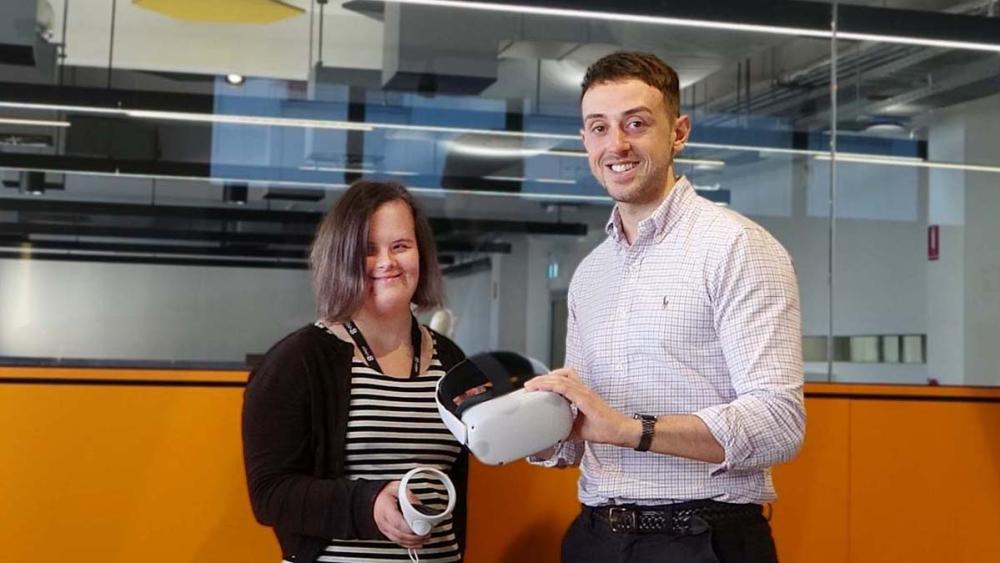Many people with intellectual disability face significant barriers when accessing healthcare. Fear, anxiety, and communication challenges can make visiting GP clinics and hospitals difficult, often leading to delayed or avoided medical care.
This project explores the potential of an artificial intelligence (AI)-based immersive virtual reality (VR) application to enhance confidence, preparedness, and overall experiences of people with intellectual disability in healthcare settings.
Aims
This project aims to
- Co-design and develop an immersive VR healthcare application tailored to the needs and experiences of people with intellectual disability.
- Gather and analyse user feedback on the VR experience, including comfort, and perceived utility in healthcare interactions.
- Assess the effectiveness of the VR application in improving confidence and preparedness for healthcare interactions.
Our goal is to create a practical, evidence-based solution that improves healthcare access and outcomes for people with intellectual disability.
What we are doing
Using VR headsets, participants will engage in simulated healthcare experiences in a safe, controlled, and repeatable environment.
The AI-based VR system will allow users to visualise healthcare settings and interact with virtual doctors, nurses, and healthcare staff.
The insights from this research will help refine the tool and inform best practices for integrating VR into healthcare preparation.
Why this project is needed
People with intellectual disability experience higher rates of preventable hospitalisations and unmet healthcare needs compared to the general population. This project offers an innovative solution to reduce fear, discomfort, and anxiety in healthcare settings, ultimately improving access and health outcomes.
Who is involved?
We are co-designing the VR application with the Council for Intellectual Disability and building the app with Insight Via Artificial Intelligence Pty Ltd.
Funding from the Disability Innovation Institute UNSW (2024) enabled us to conduct a pilot study to gather user feedback, allowing us to refine the VR application based on real-world insights.
Funding from the UNSW Health Systems Research Theme (2025) will enable us to conduct a randomised controlled trial (RCT) to determine the effectiveness of the tool in reducing healthcare-related anxiety and improving preparedness.
Project team
The project is being led by Stefan Michalski. Investigators and team members are Julian Trollor, Sylvia Gustin, Ali Darejeh, Rachael Cvejic and Katrina Sneath.
The VR Experience
Our improving health services work
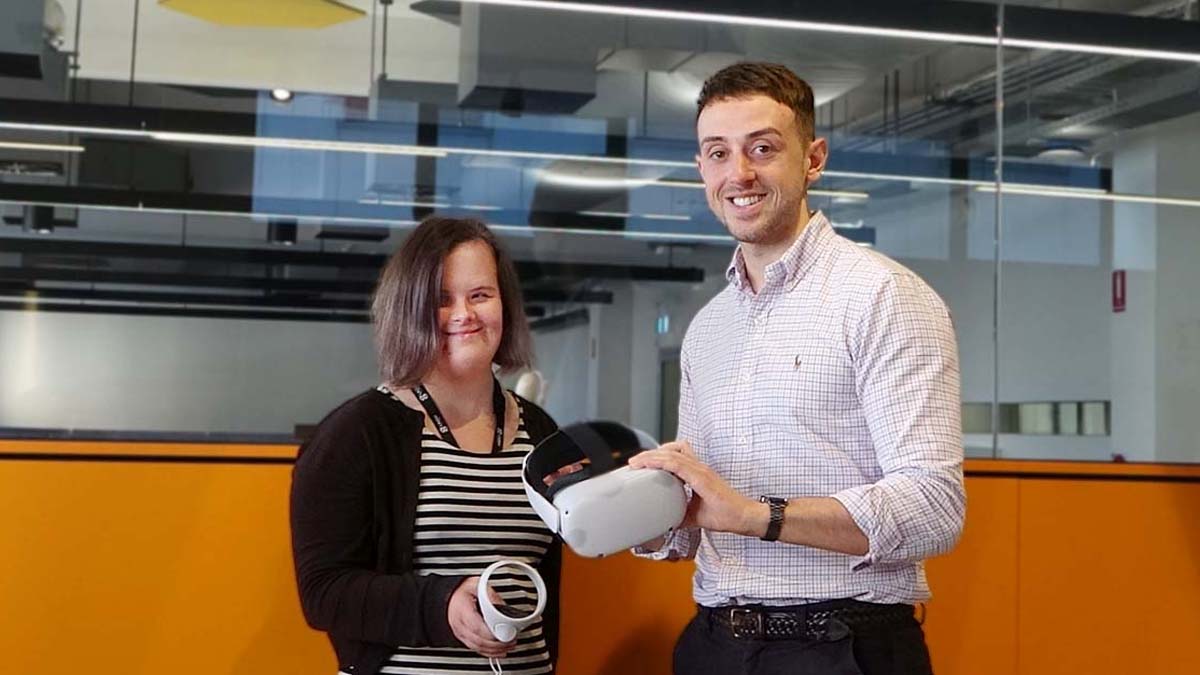
News
For updates on this and our other projects, sign up to our news.



